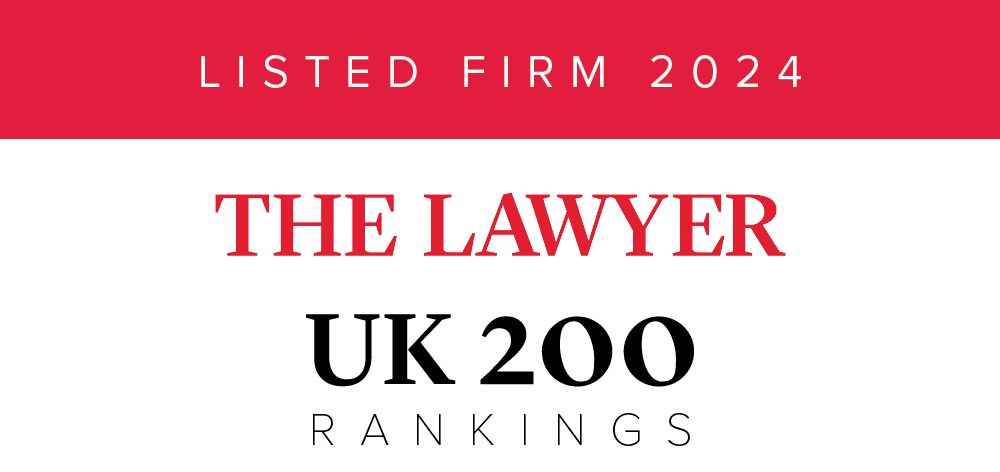Bullying and harassment is behaviour that makes someone feel intimidated or offended. Harassment is unlawful under the Equality Act 2010.
Examples of bullying or harassing behaviour include:-
- Persistent unwanted criticism
- Sexual remarks
- Unwanted physical contact
- Threats to job security
- Abuse of positions of power
- Humiliation in front of others
- Spreading rumours and excluding individuals from activities/meetings/emails.
Bullying can happen:
- Face to face
- By letter
- By email
- By phone
Bullying itself is not against the law, but harassment is. This is when the unwanted behaviour is related to one of the following:-
- Age
- Sex
- Disability
- Gender re-assignment
- Marriage and civil partnership
- Pregnancy and maternity
- Race
- Religion or belief
- Sexual orientation
Employees should see if they can sort out the problem informally first, if they cannot, they should talk to their:-
- Manager
- HR Department
- Trade Union Representative
If this does not resolve the problem, you can make a formal complaint using your employer’s grievance procedure. As a last resort, you can take legal action at an Employment Tribunal, but you should normally raise a grievance first.
Employers have a duty of care to ensure the health, safety and welfare of their staff and should ensure bullying and harassment is prevented in the workplace. Where bullying and harassment do occur, employers should ensure that those being subjected to bullying or harassment feel confident enough to raise complaints without fear of reprisal. Employers should have a robust policy in place that sets out its commitment to promoting dignity and respect in the workplace and how such unacceptable behaviour is dealt with.
Because employers are responsible for preventing bullying and harassment – they are liable for any harassment suffered by their employees. Most bullying happens out of sight of others, so you might not have any witnesses. This does not stop you reporting the bullying to your Manager to get the situation resolved. However, it is a good idea to keep a diary or record of the bullying.
If you have to leave your job because of severe bullying that your employer did nothing about, you might be able to make a claim to an Employment Tribunal for constructive dismissal.
____________________
With effect from 26th October 2024, the Worker Protection (Amendment of Equality Act 2010) Act 2023 introduced significant changes aimed at improving protections for employees against harassment in the workplace in the UK.
The key points employees should know are:
- Duty to Prevent Harassment
- Employers now have a proactive duty to take all reasonable steps to prevent sexual harassment of employees by other employees, clients, and third parties.
- This duty means that employers must actively ensure a safe working environment, not just respond to complaints after harassment occurs.
- Third-Party Harassment
- Employers are now liable if an employee is harassed by a third party (e.g., a customer or client) and the employer has not taken steps to prevent it.
- Increased Employer Risk
- If an employer fails to meet their duty to prevent harassment, they could be held liable in an employment tribunal.
- Employers’ have a responsibility to create clear policies, conduct training, and implement processes to address and prevent harassment.
- Enforcement and Compensation
- Employees who experience harassment or feel that their employer has not taken reasonable steps to protect them can bring claims against their employer in an employment tribunal.
- Tribunals may consider whether the employer met their duty to prevent harassment when deciding on compensation and any additional penalties.
- Implications for Workplace Policies and Training
- Employers may introduce or update anti-harassment policies, conduct regular staff training, and ensure procedures for reporting harassment are clear and accessible.
- Employees should expect to be informed about these policies and may be required to participate in training on harassment prevention.
This new law aims to create a more respectful work environment by holding employers responsible for actively preventing harassment. Employees should stay informed about their rights and any changes in workplace policies related to harassment and equality.
If you are suffering from workplace bullying and/or harassment and you feel your employer has not dealt with the behaviour in an appropriate way resulting in the bullying and harassment continuing. The employment team at Sills & Betteridge LLP can advise you on your employment rights and the options available to you.




















